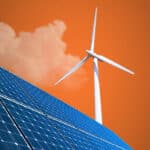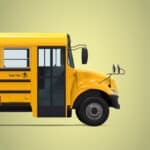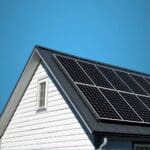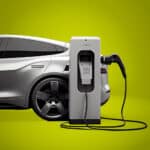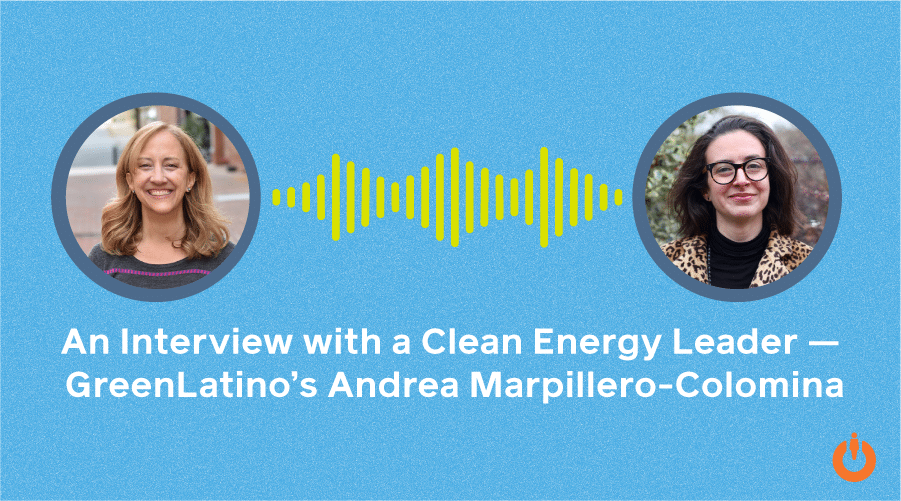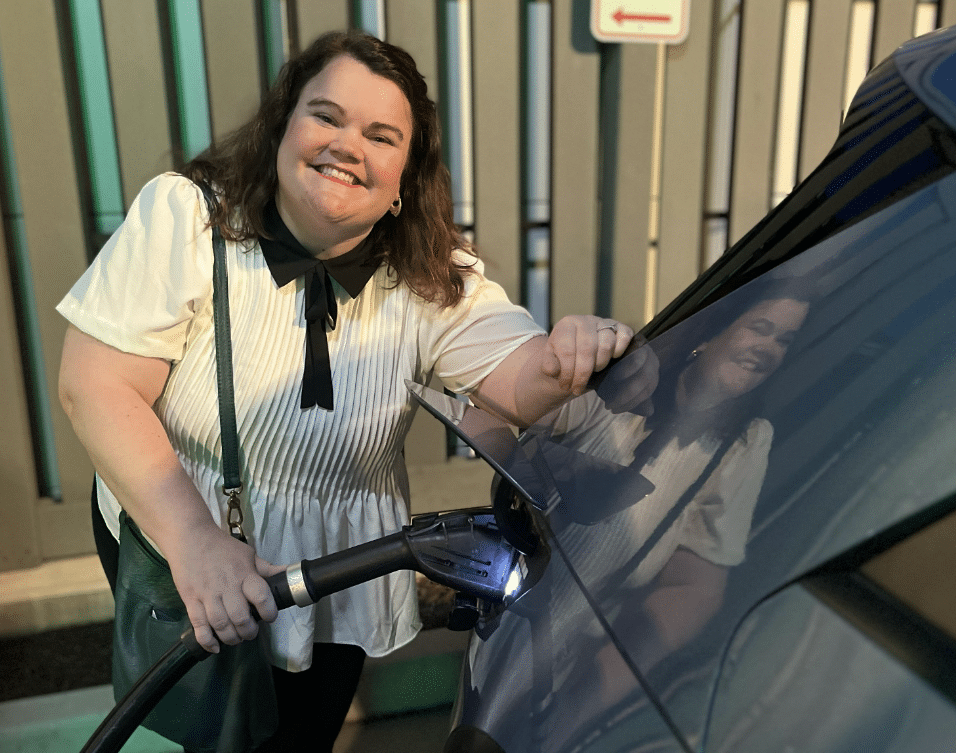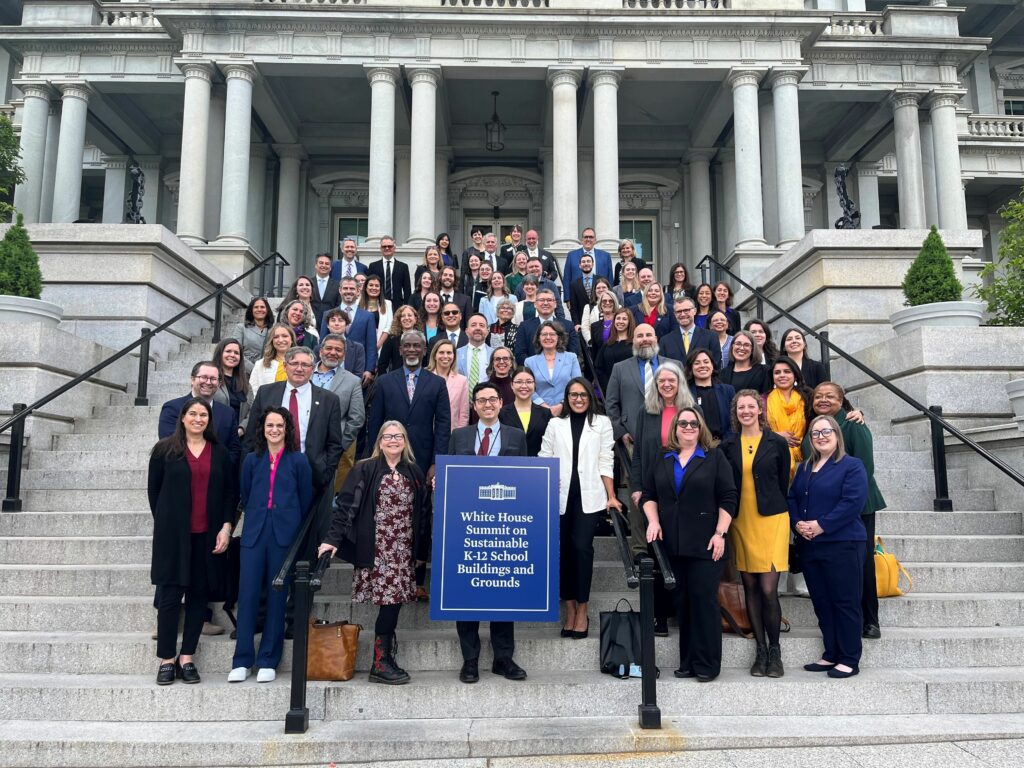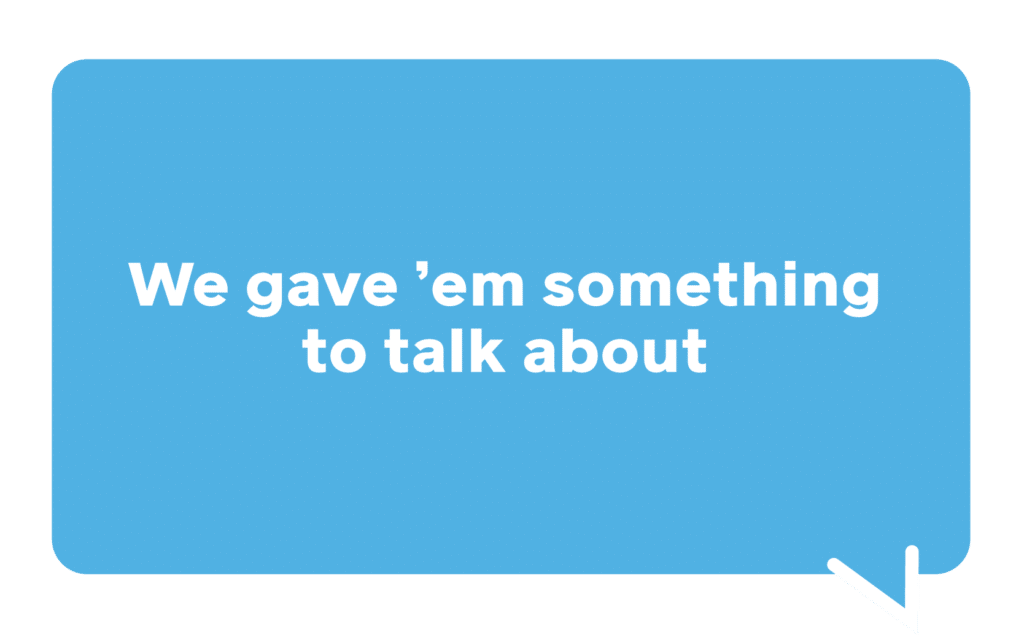Climate change disproportionately impacts marginalized communities, which is why the work of groups like GreenLatinos is so important. GreenLatinos seeks to elevate and advocate for environmental and conservation priorities of the Latino community.
Wendy Philleo, Generation180’s Executive Director, sat down with GreenLatino’s Sustainable Communities Program Director, Andrea Marpillero-Colomina, to discuss their work to address environmental justice issues. Here is that interview, edited for length and clarity. Enjoy!
—
Wendy Philleo: Hi, Andrea. Thanks for joining me. It’s so nice to see you.
Andrea Marpillero-Colomina: Likewise, excited to be spending some time together.
W: Why don’t you tell me a little bit about yourself and about GreenLatinos?
A: My name is Andrea. I’m a Sustainable Communities Program Director at GreenLatinos. I’m a born and bred New Yorker. And I have worked at GreenLatinos for just over three years.
When I started out at GreenLatinos, we were a really small organization. We had two full-time staff and we were really just getting our feet wet in a variety of different environmental issues. When I started, I was focused on clean transportation and started figuring out kind of the lay of the land: what were the most important clean transportation issues for the Latino community and how we wanted to engage in the wide spectrum of clean transportation issues that are out there.
GreenLatinos on a whole is a member-based organization that seeks to elevate and advocate for the environmental and conservation priorities of the Latino community. We have a goal of one day achieving environmental liberation, but along the way, doing all we can to fight on behalf of our communities and create a more equitable environmental future.
W: That’s wonderful. I know that there’s a lot of importance in creating a voting block of Latinos around environmental issues. Of course, this year and next year we have big elections coming up. Can you speak to that issue and how you plan to mobilize for the elections?
A: As we all know, 2024 is a federal election year. We are looking at who will be the next President of the United States. But in addition to that, there are elections happening in 46 states. That’s a really big opportunity to mobilize across the board and help people to identify and understand how different folks who are running for office are advocating for, or not advocating for, the environmental priorities that are most important to our community.
One of the ways that we’re doing that is that when it comes to clean transportation, we’re making it a huge priority to advocate for the passage of clean cars and clean trucks rulemaking. We are really seeking to show our members who are the people at the state level, who are the people that they have presumably elected and could reelect, who are doing that work, and how can we as people who hold our elected officials accountable, show up in consistent, meaningful, and powerful ways to hold those officials accountable and make sure that they are protecting our right to have clean air to breathe, clean water to drink, and access to our public lands.
W: That’s really important. I know that climate justice and clean air is something that you all and we all value. We’ve been inspired by the work that you’re also doing on electric school buses, because that’s also something that we work on. Can you speak to maybe a success story of your work in that area?
A: Several states have passed some kind of initiative to support the buying and transition to electric school buses. I really can’t emphasize enough how important this is for Latino communities. Latino children, other children of color, and low-income children are much more likely to ride the school bus to school than white children. And, school bus depots are disproportionately located in communities of color and low-income neighborhoods. Even if you’re not riding the school bus to school and even if you’re not a child, the school bus issue is incredibly pertinent to you.
Unfortunately, it’s sort of shocking to think about the fact that school buses often use diesel, which means that they’re emitting diesel fumes and the diesel fumes that they are emitting are breathed in by the children on the school bus. There’s this sort of whole kind of gross, toxic circle of the school bus picking up school children who don’t have another choice of how to get to school and the school bus is polluting their communities.
It’s been really challenging for people to really understand the depth of this problem. So, we’ve been working and many of our allies have been working, including CHISPA which is part of the League of Conservation Voters, to advocate for the passage of electric school bus programs and policies at the state level.
A clean school bus program passed in my home state of New York where they’re going to be allocating $20 million to the purchase of electric school buses and electric school bus infrastructure. That is going to make a really huge difference for schoolchildren across the state.
It’s also going to make a really huge difference for school children and for policymakers in adjacent states, because children, advocates, and policymakers in Massachusetts, New Jersey, Connecticut, and Pennsylvania, can now look to New York and look to not only what New York did, but also to the challenges and failures that New York is facing in the roll out of their program and use that as an opportunity to build upon the advocacy strategies that have been successful in New York.
W: We have found that that peer influence and seeing what your neighbors are doing in other school districts is super important. That’s a wonderful example.
I know that the majority of Latino communities report that they have experienced climate change effects. Within the clean energy and climate field, what are the most important issues for Latino communities?
A: Latino communities unfortunately are disproportionately impacted by environmental injustice across the board — everything from access to clean water, access to green space, air quality that folks are exposed to just in their everyday lives.
When it comes to this nexus of clean energy and clean transportation, I think there’s a once-in-a-generation or once a multiple-generation opportunity to use clean transportation and use the clean energy transition as a really valuable way to help reduce the pollution in the air and make the air that folks are breathing in every single day of their lives less polluting, and help folks understand that there is an option. We don’t have to have dirty trucks and cars on the road. We don’t have to wait for sort of the slow version of the transition to happen.
We see that in the work that’s being done at the state level, where some states are pushing very hard to adopt more aggressive and more fast moving clean air and clean transportation policies.
I think for Latinos, the asthma rate among Latino children is one of the most shocking statistics and is a really clear demonstration of the impact that exposure to polluted air has on our livelihoods. Unfortunately, asthma attacks can be not only very traumatic for children and lead to a much higher rate of hospital visit visits, high hospital bills, all kinds of sort of economic stressors, but they can lead to death and or other long-term health consequences that impact you into adulthood. I think that that’s something that people have become increasingly aware of and increasingly motivated to fight back against.
W: The absences in schools due to asthma is crazy high.
A: Yes, due to asthma and due to other effects like exposure to the noise from combustion engines if you live really close to a major roadway or port – all of those things can have a huge impact, not only on your health, both physical and mental, but on your ability to access education, your ability to get a job, your ability to go outside, build your social ties, and be an active part of your community.
W: It’s really extraordinary what transportation electrification can do for the benefits of life.
A: There’s a lot of potential there and it’s really exciting and I think we have to elevate that right now. Transportation electrification and EV advocacy has used very technological and consumer-oriented framing that is not inclusive of everybody. I think what we need to be elevating and articulating and pushing policymakers to move on, is the fact that EV electrification represents a new opportunity to have healthier, cleaner air communities.
I think what we need to be elevating and articulating and pushing policymakers to move on, is the fact that EV electrification represents a new opportunity to have healthier, cleaner air communities.
W: Absolutely. I know that we just wrapped up Hispanic Heritage Month and you all were celebrating, as we all should be. Can you tell me a bit about one individual that’s inspired you and that we should know more about?
A: First, I want to shout out the hundreds and hundreds of people who are part of the GreenLatinos Comunidad who are fighting and advocating in their communities every single day and doing amazing work. They are all my heroes and notable leaders to me and every time we have the opportunity to convene with our members, I learn so much from them.
On the other end of the spectrum, we had our 15th birthday party, our quinceanera celebration in DC last month as part of our our annual fly-in week where we bring members to DC and give them the opportunity to meet with their elected officials and advocate for their environmental and conservation priorities.
This year, because it’s our 15th year as an organization, we had a big birthday party. We invited Dolores Huerta to attend and she did! She is just an icon who doesn’t quit. She’s the co-founder of the United Farm Workers Movement alongside Cesar Chavez. She spent her life fighting for better working conditions for farm workers and for the rights of all people impacted by poor labor conditions, including those that are climate-related. She has been there for our communities every single step of the way and she has done work far beyond the Farm Worker Movement.
She is now active in California on some of the work to push for clean transportation in the clean energy transition because she recognizes the environmental movement is holistic. Everything that we can do is important and everything that we can do to improve the living and working conditions of people has a space in this fight.
She’s somebody who just seems to be everywhere. She seems to be constant. She’s in her nineties but is unable, unwilling and, not wanting to ever stop. She’s a big hero of mine and a big hero of ours at GreenLatinos.
W: I love it. What an inspiration. I’m so glad she was able to attend.
I know that at times because of the climate crisis, it can seem very bleak. I’d love to hear about what gives you hope in terms of building a clean energy future?
A: What gives me hope is… gosh, there’s so much that gives me hope!
I think hearing how important it is for people to continue to show up and continue to fight for their communities. I think the level of of persistence that people have and the level of care that people have shown for their communities across the board.
Community-based leaders have incredible persistence in demanding that their leaders, their elected officials, and other policymakers show up for them. They advocate as much as possible in as many rooms and realms for a clean energy transition.
The big movement in community solar, the movement for community car shares for EVs, every single one of those fights are happening at the community level. They are the community saying, “hey, we are thinking and learning and adapting and proposing ideas based on where the conversation is at. And we want to be a part of this conversation and we want to lead this conversation.” I think this is incredibly inspiring and is going to push policymakers and big environmental organizations to really make change faster because the communities already want that change. It’s really just a matter of the people with the means and the money showing up and making that change possible.
W: That is inspiring. Well, thank you so much Andrea for your time. It was really good talking to you.
